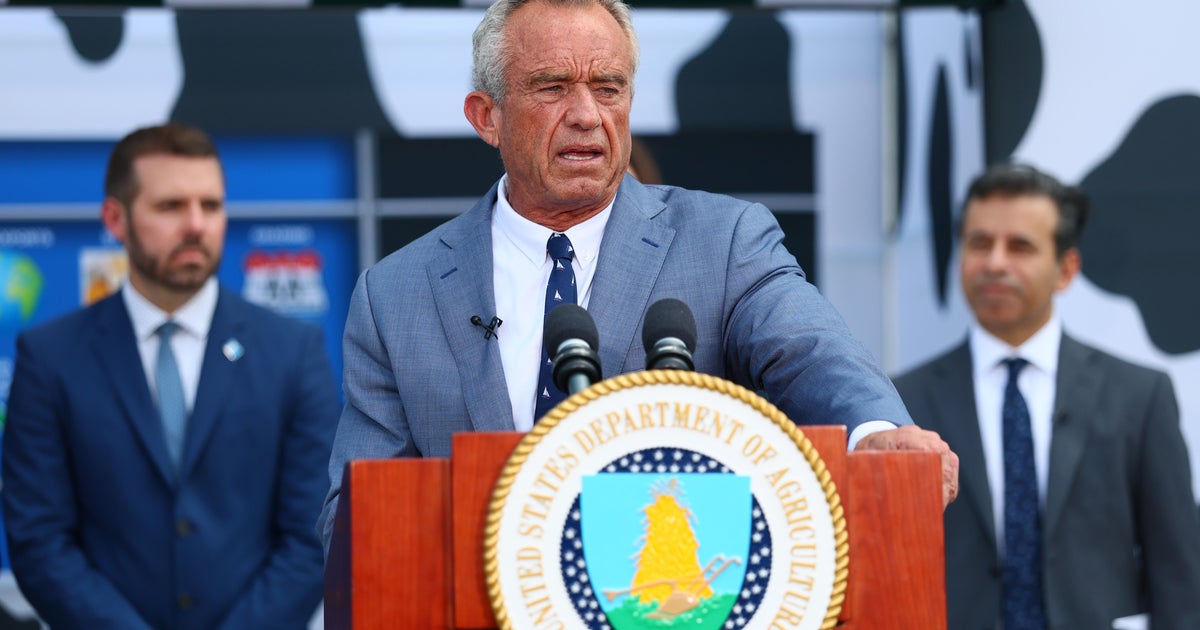
In a troubling turn of events for free expression, Jimmy Kimmel’s late-night talk show has been pulled from the air “indefinitely” by ABC, marking a significant concession to political pressures reminiscent of darker times in American history. The move follows Kimmel’s remarks criticizing right-wing figures for exploiting the tragic assassination of Charlie Kirk, a provocative commentary that has sparked outrage from conservative circles and a swift response from corporate media executives.
For decades, late-night hosts have carved out a space to critique and mock political figures, serving as a cultural barometer for the state of American democracy. This tradition, however, faces an existential threat under the current administration. Donald Trump, who has long held animosity toward late-night television and its critical gaze, appears to be winning a war against one of his most consistent adversaries. Historically, late-night hosts have skewered politicians across the spectrum, yet Trump’s fragile ego and authoritarian tendencies have turned these comedic jabs into a battleground for free speech.
The latest incident unfolded after Kimmel’s comments in which he condemned the reaction from the “MAGA gang” to the Kirk assassination, suggesting that they were attempting to downplay the shooter’s affiliations. “We hit some new lows over the weekend with the MAGA gang desperately trying to characterize this kid who murdered Charlie Kirk as anything other than one of them,” Kimmel stated, highlighting the absurdity of politicizing a tragedy. His words, while challenging, were neither offensive nor factually incorrect; they simply pointed to the troubling responses from certain political factions.
However, the right-wing media and political figures seized upon Kimmel’s remarks, distorting them to frame him as making baseless accusations against Trump supporters. Brendan Carr, chairman of the Federal Communications Commission (FCC), escalated the situation by threatening potential regulatory repercussions against ABC if they did not take action. On a podcast, Carr ominously stated, “Frankly, when you see stuff like this—I mean, we can do this the easy way or the hard way,” sending a clear signal to the network about the consequences of allowing dissenting voices on the air.
This intimidation tactic proved effective, prompting ABC executives to convene emergency meetings to discuss how to mitigate the fallout. Reports indicate that many within the company felt Kimmel’s comments were defensible; however, the fear of retribution from the Trump administration loomed large. “They were pissing themselves all day,” one insider reportedly told Rolling Stone, underscoring the culture of fear that now permeates the media landscape.
In the wake of Kimmel’s suspension, Trump reveled in his perceived victory, proclaiming on social media that ABC had finally shown the courage to cancel a program he deemed talentless. This moment serves as a reminder of the precarious state of free speech in a media environment increasingly dominated by corporate interests and political pressures.
The implications of Kimmel’s suspension extend beyond late-night television; they represent a broader trend of censorship and repression of dissenting voices in American society. This climate of fear is reminiscent of the McCarthy era when artists, intellectuals, and political dissidents faced persecution for their beliefs. Today, the stakes are similarly high, with corporate media increasingly susceptible to the whims of political power.
The crackdown on free speech is not limited to late-night shows. Universities across the country are facing pressures to silence professors who express unpopular opinions, and journalists are being dismissed from their positions for speaking out. The recent firing of Washington Post columnist Karen Attiah for her comments about the Kirk incident exemplifies this trend, where critical voices are being silenced amid a climate of intimidation.
As corporations prioritize their bottom lines over the principles of free expression, the implications for democracy become dire. The legendary late-night host David Letterman once referred to media executives as “show business weasels,” a characterization that remains painfully relevant today. The fear of backlash from Trump and his allies is driving networks to self-censor, leaving audiences with a homogenized and sanitized version of political discourse.
The current state of affairs is emblematic of a political economy where a few powerful corporations control the narrative, allowing authoritarian figures to dictate the terms of acceptable speech. Legal experts warn that the capitulation of these institutions is not merely a misunderstanding of the law but a calculated decision rooted in the belief that the law may soon be irrelevant in an increasingly authoritarian landscape.
To combat this erosion of free speech, it is essential for the progressive left to mobilize and challenge the power dynamics that enable such censorship. Boycotting companies like Disney, which owns ABC, and demanding accountability from Democratic lawmakers who enable corporate surrender to authoritarianism are crucial steps in this fight.
Despite the current climate of fear, it is important to recognize that Trump’s authoritarianism represents a minority faction within American society. Polling consistently shows his approval ratings are historically low, indicating that the resistance against his regime is not only necessary but also politically viable. The real challenge lies not in the actions of a beleaguered president but in the silence of those who refuse to stand against him.
As the struggle for free speech intensifies, it is vital for progressives to confront the threats posed by corporate interests and authoritarianism. The fight for democracy requires courage and solidarity, as the consequences of inaction could lead to a future where dissent is silenced and the principles of free expression are irreparably compromised.


